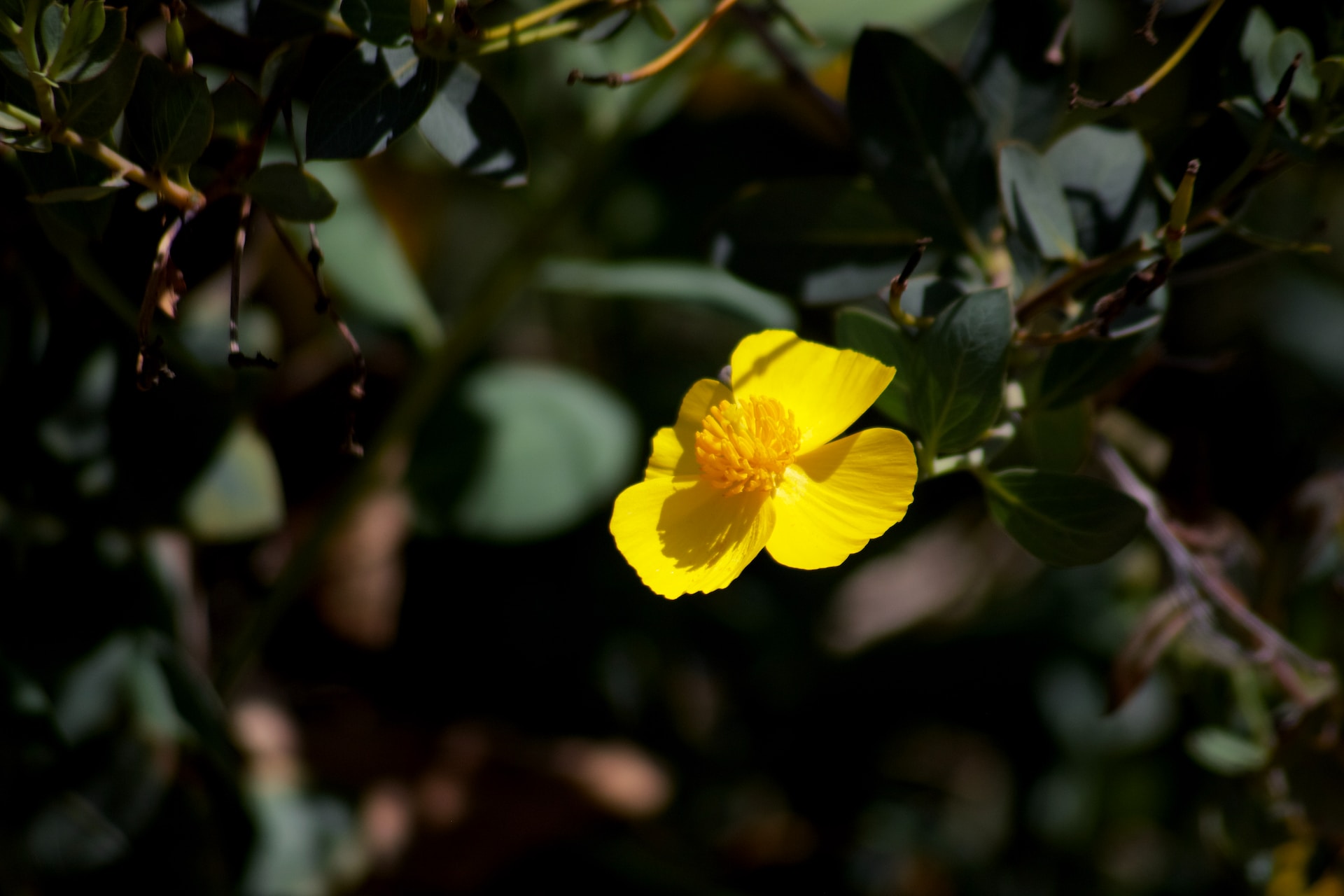Introduction
Gardens are vital sanctuaries, creating a space where wildlife can thrive all year round. Every season presents unique challenges and opportunities for our local fauna – from vibrant butterflies to chirping birds and industrious insects. Maintaining a healthy, welcoming garden throughout the changing seasons enhances their livelihood and contributes to local biodiversity. Here are nine seasonal changes to keep your garden wildlife-friendly.
Spring Changes
Spring is a season of rebirth and rejuvenation. By allowing wildflowers to flourish, you’ll provide a much-needed nectar source for bees and butterflies emerging from winter hibernation. Add nesting boxes for birds and install a birdbath – this encourages avian life to thrive. Avoid pesticides where possible, using natural alternatives, like planting marigolds to repel unwanted bugs.
Summer Changes
During the heat of summer, it’s essential to provide water for wildlife. Maintaining a birdbath, a fish pond, or even a simple dish of water can offer the critical hydration needed by birds, insects, and small mammals. Plant summer-blooming flowers such as Black-eyed Susans and Coneflowers, which not only add beauty to your garden but draw in pollinators as well.
Autumn Changes
Autumn is a time of preparation and abundance. Allow leaf litter to stay as it provides a habitat for insects and other small creatures, which in turn, serve as food for birds and mammals. Plant native trees and shrubs like Serviceberry, Dogwood, and Elderberries now, as they will produce valuable berries for birds in the coming harsh winter months.
Winter Changes
Winter can be challenging for wildlife. Make it less so by leaving seed heads on perennials and grasses. They offer vital food resources during winter when food is scarce. Also, provide shelter by leaving a few piles of logs and twigs around the garden. These will offer a cozy home for insects, amphibians, and small mammals.
Nourishing Birds
Sustaining a bird-friendly garden is a year-round endeavor. Regularly clean and fill bird feeders with a variety of food like seeds, suet, and nuts to ensure they have the energy they need across the seasons. Keeping birdfeeders out of reach from cats and ensuring a good view allows you to monitor and enjoy these feathery visitors.
Attracting Butterflies
To attract butterflies, grow native flowering plants that cater to their lifecycle. Caterpillars need food plants, and adult butterflies need nectar. Plants such as Milkweed, Aster, and Dill will draw them. Leaving some open, sunlit soil for butterflies to gather salts and applying organic mulch can also help foster a butterfly habitat.
Water Features
Installing water features like ponds or fountains enriches your garden, providing a habitat for amphibians, birds, and insects. This water source helps them stay hydrated, particularly during the drier months. Ponds can also be a breeding ground for aquatic and semi-aquatic species, enhancing your garden’s biodiversity.
Providing Shelter
One of the most effective ways to attract and protect wildlife is to provide shelter. This can range from butterfly boxes to larger structures for mammals. Make hedgehog houses, bat boxes or simply let a corner of your garden go wild with untidy bushes and brambles. These creatures will appreciate the refuge and repay you by keeping garden pests in check.
Proper Use of Natural Pesticides
Finally, always opt for natural pesticides when managing garden pests. Chemical pesticides can harm beneficial insects like bees and butterflies, even birds and mammals. Consider introducing beneficial insects like ladybugs and praying mantises, or plant flora such as chrysanthemums and nasturtiums which naturally repel pests. Gardening responsibly creates a haven where nature thrives.

